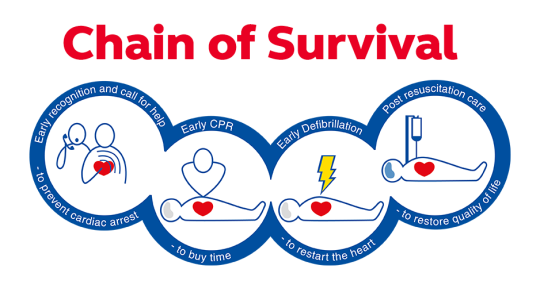PabloPicasso
Well-Known Member
My main take away from CPR/first aid courses is;The course was good and interesting. CPR has altered but even the old method is better than nothing. CPR we were told only saves around 5% where's the defibrillator saves around 90%. The price of defibrillators is around £500 so we were told, so becoming something to have on board especially as they are compact.
Also went into the adrenaline auto-injector (EpiPen) that has been in the news recently.
Possibly require a bigger boat though .....
MAKE SURE YOU HAVE HELP ON THE WAY BEFORE YOU START INTERVENTION
Otherwide you're on your own, possibly forever.
And yes, get a bigger, newer, nicer, and much more expensive boat!!

